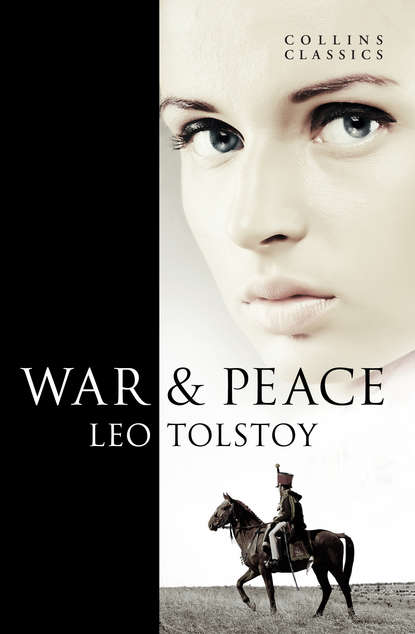По всем вопросам обращайтесь на: info@litportal.ru
(©) 2003-2024.
✖
War and Peace
Настройки чтения
Размер шрифта
Высота строк
Поля
“Oh, what are you talking about?” said another. “Where is he to go? That way is nearer.”
Rostóv considered, and then went in the direction where they said he would be killed.
“It’s all the same now. If the emperor is wounded, am I to try to save myself?” he thought. He rode on to the region where the greatest number of men had perished in fleeing from Pratzen. The French had not yet occupied that region, and the Russians—the uninjured and slightly wounded—had left it long ago. All about the field, like heaps of manure on well-kept plowland, lay from ten to fifteen dead and wounded to each couple of acres. The wounded crept together in twos and threes and one could hear their distressing screams and groans, sometimes feigned—or so it seemed to Rostóv. He put his horse to a trot to avoid seeing all these suffering men, and he felt afraid—afraid not for his life, but for the courage he needed and which he knew would not stand the sight of these unfortunates.
The French, who had ceased firing at this field strewn with dead and wounded where there was no one left to fire at, on seeing an adjutant riding over it trained a gun on him and fired several shots. The sensation of those terrible whistling sounds and of the corpses around him merged in Rostóv’s mind into a single feeling of terror and pity for himself. He remembered his mother’s last letter. “What would she feel,” thought he, “if she saw me here now on this field with the cannon aimed at me?”
Вы ознакомились с фрагментом книги.
Приобретайте полный текст книги у нашего партнера:
Приобретайте полный текст книги у нашего партнера:

















